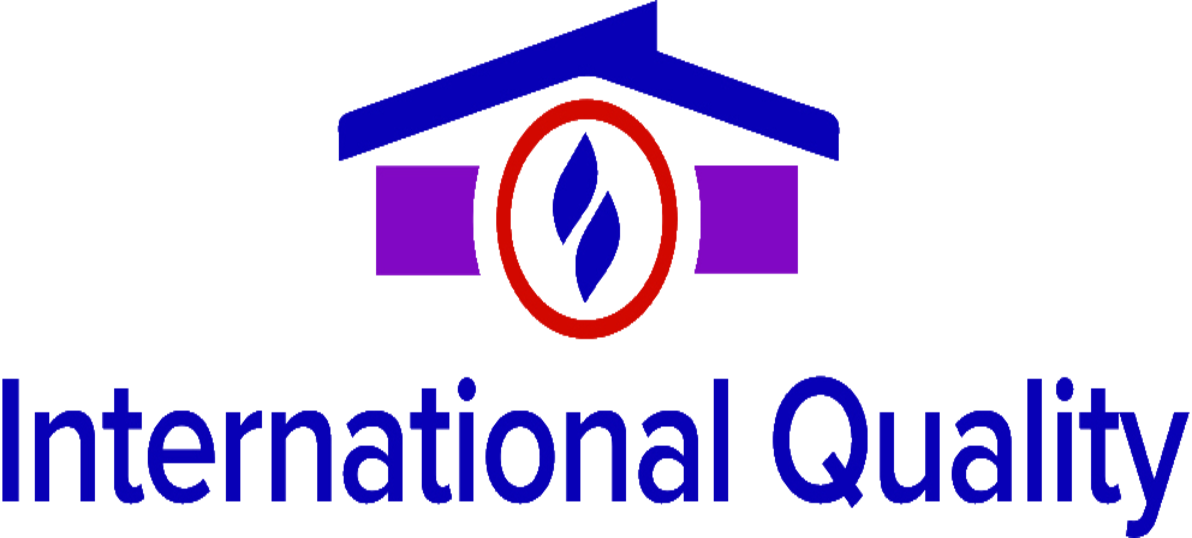In recent years, the rise of cryptocurrencies has led to a surge in interest in digital assets and the need for regulation to govern the rapidly evolving ecosystem. In this context, Brazil’s Securities and Exchange Commission (CVM) has introduced regulations to oversee the management of crypto assets, aiming to protect investors and ensure market stability. In this article, we will evaluate the compliance with Brazil’s CVM crypto asset management regulations and analyze the effectiveness of these measures in achieving their objectives.
The Regulation of Crypto Asset Management in Brazil
In 2018, the CVM issued regulations addressing the management of investment funds that invest in crypto assets. These regulations require fund managers to comply with a set of rules aimed at ensuring transparency, investor protection, and market integrity. Among the key requirements imposed by the CVM are the need for fund managers to have a clear and detailed investment policy regarding crypto assets, to disclose relevant information to investors, and to adopt risk management procedures to mitigate the inherent risks associated with these assets.
Since the introduction of these regulations, the CVM has maintained a proactive approach in supervising the compliance of fund managers with the regulatory framework. The regulatory body has conducted inspections, issued guidelines, and imposed sanctions on entities that have failed to meet the established requirements. This enforcement effort is crucial in fostering the confidence of investors in the crypto asset market and in promoting the development of a robust and regulated industry in Brazil.
Evaluating Compliance with CVM Regulations
To assess the level of compliance with Brazil’s CVM crypto asset management regulations, we can analyze several key indicators. Firstly, we can examine the extent to which fund managers have implemented the required measures outlined in the regulations. This includes evaluating whether investment policies are in place, whether risk management procedures are being followed, and whether relevant information is being disclosed to investors.
Another important aspect to consider is the transparency of fund managers in their operations. Transparency is essential for enabling investors to make informed decisions and for ensuring accountability in the management of crypto assets. By reviewing the disclosure practices of fund managers, we can assess whether they are providing investors with the necessary information to evaluate the risks and potential returns associated with their investments.
Furthermore, it is essential to evaluate the effectiveness of the risk management procedures adopted by fund managers. Given the volatility and uncertainties inherent in the crypto asset market, it is crucial for managers to have robust risk management frameworks in place to protect investor interests. By analyzing the risk management practices of fund managers, we can determine whether they are effectively managing the risks associated with crypto asset investments.
The Impact of Compliance on Investor Protection and Market Stability
Compliance with Brazil’s CVM crypto asset management AI Invest Maximum regulations plays a vital role in safeguarding investor interests and maintaining market stability. By adhering to the regulatory requirements, fund managers can enhance transparency, reduce the likelihood of fraudulent activities, and improve the overall credibility of the crypto asset market. This, in turn, can attract more investors to the market and promote its long-term growth and sustainability.
Moreover, compliance with regulations can help mitigate the risks inherent in the crypto asset market, such as money laundering, market manipulation, and fraud. By implementing robust risk management procedures and adhering to regulatory standards, fund managers can reduce the vulnerability of investors to such risks and contribute to the overall integrity of the market. This, in turn, can foster trust in the market and encourage greater participation from institutional investors and other stakeholders.
Conclusion
In conclusion, evaluating the compliance with Brazil’s CVM crypto asset management regulations is essential for ensuring the legitimacy and sustainability of the crypto asset market in the country. By assessing the extent to which fund managers are adhering to the regulatory framework, we can gauge the effectiveness of these measures in protecting investor interests and maintaining market stability. Moving forward, continued vigilance and enforcement by the CVM will be crucial in promoting a safe and transparent environment for crypto asset investments in Brazil.
